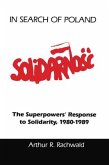
16,99 €
Versandfertig in über 4 Wochen
Broschiertes Buch
The Superpowers' Response to Solidarity, 1980-1989
None edition
1. Oktober 1990
Hoover Institution Press
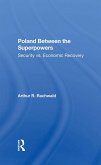
Ähnliche Artikel
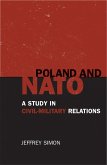
Broschiertes Buch
A Study in Civil-military Relations
1. Dezember 2003
Globe Pequot Publishing Group Inc/Bloomsbury
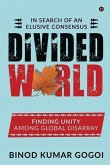
11,99 €
Versandfertig in über 4 Wochen
Broschiertes Buch
1. Oktober 2020
HarperCollins Publishers
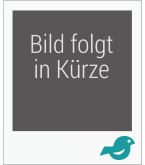
16,99 €
Versandfertig in über 4 Wochen
Broschiertes Buch
1949
10. September 2021
Creative Media Partners, LLC
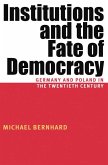
Broschiertes Buch
New
April 2005
UNIV OF PITTSBURGH PR
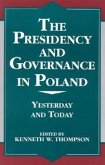
Broschiertes Buch
Yesterday and Today
10th edition
3. Oktober 1997
Globe Pequot Publishing Group Inc/Bloomsbury
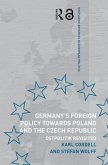
Broschiertes Buch
Ostpolitik Revisited
10. März 2009
Routledge

21,99 €
Versandfertig in über 4 Wochen
Broschiertes Buch
9. September 2021
Creative Media Partners, LLC
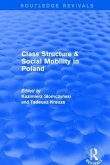

22,99 €
Versandfertig in über 4 Wochen
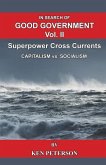
22,99 €
Versandfertig in über 4 Wochen
Broschiertes Buch
1. März 2023
Rhiannon Futch
Ähnlichkeitssuche: Fact®Finder von OMIKRON
